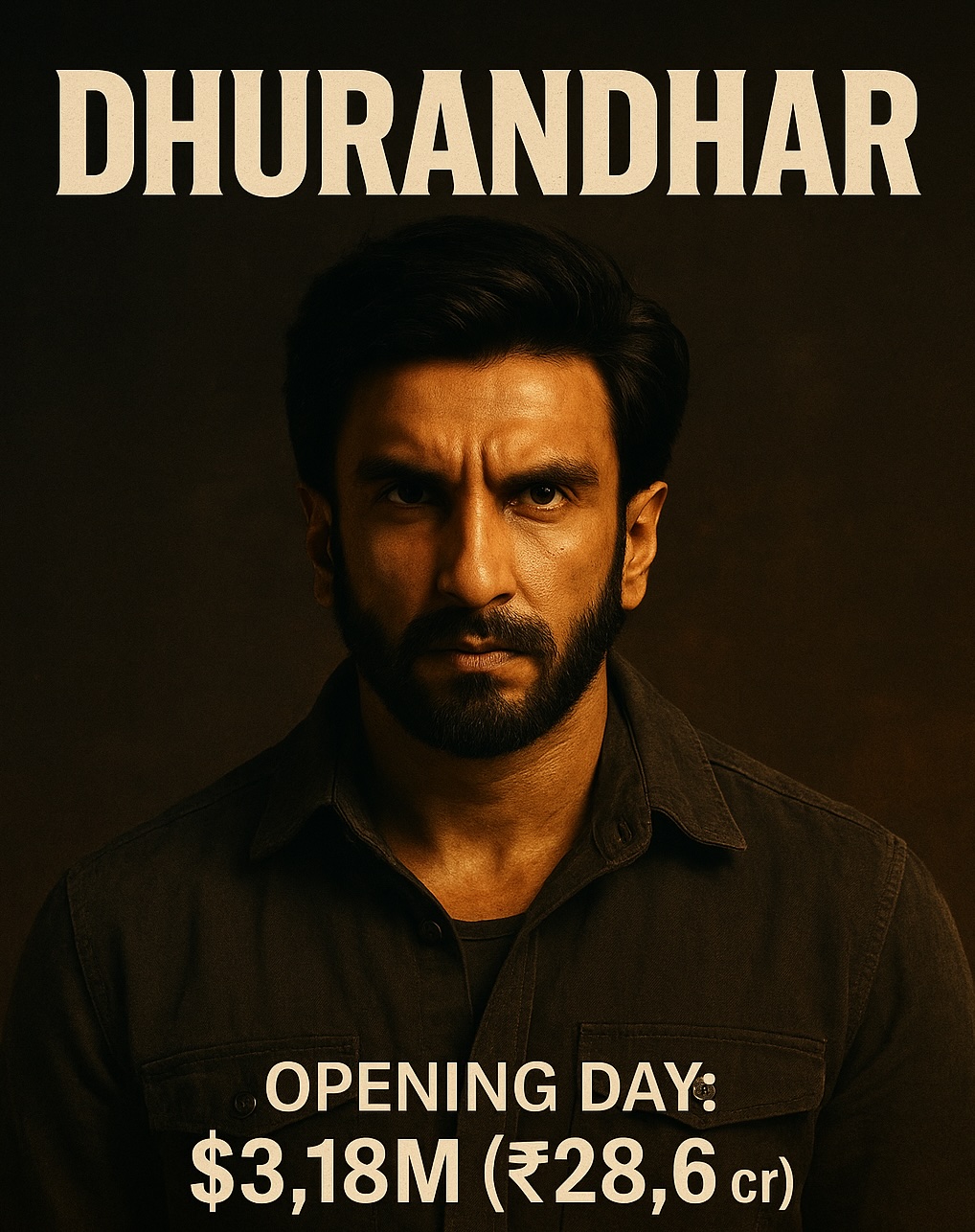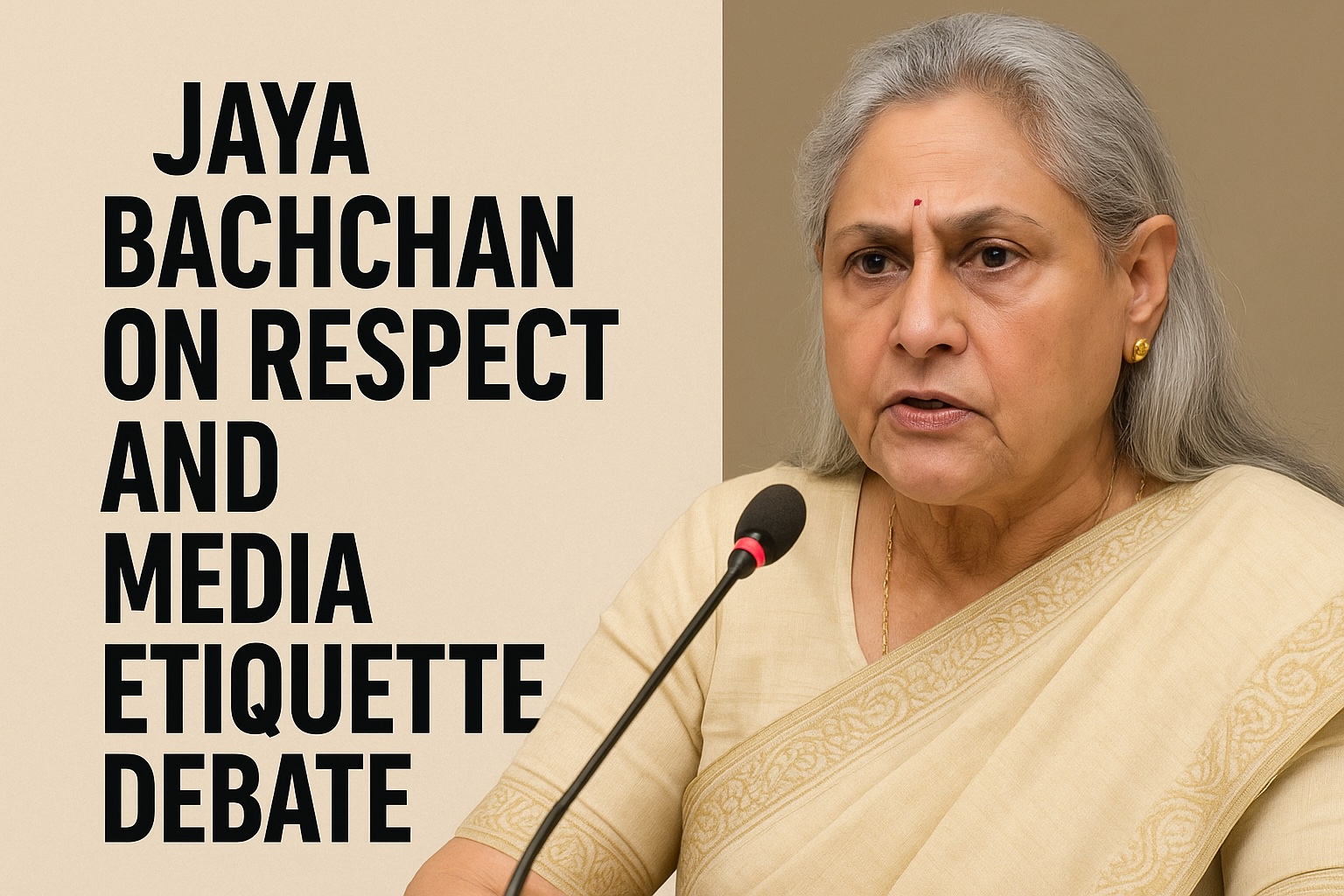
MUMBAI: You may recognise her as the pretty face from the Cadbury advertisement, and now you’ll know her name too. If Nimrat Kaur was sultrily having a bite of the chocolate in the ad, in ‘The Lunchbox’, as Ila, she sweetly and carefully packs a lunch every day.
Nimrat Kaur has been acting for almost a decade now. From modelling to acting in a Kumar Sanu music video to acting on stage and now movies, the young actress has seen it all and more. On the day when the city is hustling with activity, Nimrat Kaur meets BusinessOfCinema for an interview as she talks about writing letters, being romantic and being the “modern-day Charulata”.
BusinessOfCinema (BOC): Two films in two years at Cannes. Is it quick?
Nimrat Kaur (NK): I’m not complaining. (laughs) But I’ve been performing on stage and doing advertising work for 8 or 9 years. So I know that nothing is too quick or too late. I think things come to you when you’re ready for it and when you have the grace and ability to take something on. It’s a blessing, but I don’t know if it’s too soon. It’s a lot; it’s overwhelming.
BOC: How did you feel at the film festivals, especially Cannes?
NK: The first time around, for ‘Peddlers’, the beauty and charm of the place took over a lot of my experiences there. People there received Indian actors well. They find us so beautiful (laughs). The film was received well. The first time, Cannes just came out of the blue. This time around for ‘The Lunchbox’, however, was different. The initial wave that hits you about a new place and a festival because of its x-factor – Cannes is the most glamorous and has the most hoopla around it – that enchantment wasn’t there this time as much as the anticipation of how the film will do. The film was screened, we got a standing ovation of over ten minutes. There’s a song playing at the end of the film, and the audience was clapping in conjunction with what they were hearing on screen. It was really magical.
BOC: Can you speak about your transition from theatre to film and if you have any preference?
NK: There’s no transition as such. I’ve always looked at acting as a subject that I’ve tried to educate myself about. It’s not like I used theatre to learn the tools and then jump to films. Besides I was also doing advertising work. So I’m aware of the camera. I don’t find it weird that a big black machine is looking at me. I find both exciting.
BOC: How did it feel to act with two of the current best actors in Irrfan Khan and Nawazzuddin Siddiqui but not get scenes with them?
NK: (laughs) I knew when I read the script that this was going to happen. Not that I had any regrets about it. Well, that’s the USP of the film: that Irrfan and I don’t meet. I found that gorgeous as a narrative. I couldn’t wait to watch it come together. Of course, selfishly speaking, as an actor, I really want to be able to have a chance to fulfill this desire of working with the both of them. Nawaz and I still had a little work together, but too little. So another time, another film.
BOC: Ritesh Batra (the director) spoke about how he’s an actor’s director. What do you have to say about him?
NK: I think Ritesh was the first person who I met who was more willing to work with what we as actors, or at least I as an actor, wanted to bring to the table, rather than what he wanted us to do. He’s probably one of the most democratic people I’ve met – someone who’s not married to his script or his ideas of how something should be done. He knows how to extract the best out of you with no effort at all. I look forward to working with him again.
BOC: Your character in the film is someone who falls in love with a person she’s never met. What about the character did you connect with?
NK: She principally doesn’t have any similarity with me, and thank God for that! Who’d want to be loveless and neglected? So I was like, here is a golden opportunity to not be yourself and depart from everything. She’s such a pure soul. Slightly old-world, not up to mark with the times. Her agonies and ecstasies are so small. It was a big vacuum when the film got done because I lived with that for four odd months before we started filming. Filming took all of eleven days – my bits. The whole film took 31 days. But the one thing I do have in common with her is being romantic. And I love this little day dreamer in her. She finds an escape route from the trappings of life. I may not put letters in lunchboxes, but I’m quite the romantic.
BOC: When was the last time you wrote letters?
NK: I do send letters. I write to my friends, my mother, my sister. I still write.
BOC: You mentioned the timeless quality. When you see the trailer you can hardly notice any electronic equipment, you cook the food instead of using an oven, Irrfan works in an old-style office, what do you say about that?
NK: I think it is a clever choice and rings true to the world Ritesh has created. I mean, it’s not like we’re suspending belief here and we’re saying these are two modern people who live their lives without cell-phones, email, Facebook and Twitter. They are truly people who don’t need those devices – those crutches in their lives. Today, it’s so easy to find someone. You can find someone on Facebook and find out everything about that person, reject him right there. So I feel it’s such a beautiful space that has been created.
BOC: How has life for you changed since ‘The Lunchbox’? Your face is practically everywhere – on newspapers, hoardings, TV…
NK: People do recognise me now. I’ve been visible because of that Cadbury ad I did recently. Earlier they would just know me as that girl in that ad but now they put a name to my face. So I’m not “that girl” now, which is fun. But I know that this is the nature of the beast. You can’t take it too seriously.
BOC: What’s the best compliment you’ve received?
NK: Karan Johar said something on the lines of me being the soul of ‘The Lunchbox’. And then he ended it by saying “legend actor”. I was like, “really?” People are going to think I paid him to say all this.
And finally Nimrat Kaur is the soul of #LUNCHBOX…projecting marital angst…urban depression and longing for love like a legend actor….
— Karan Johar (@karanjohar) June 8, 2013
The “modern-day Charulata” compliment is also really amazing. I have a feeling that’s going to stick around.
BOC: That’s huge pressure.
NK: I know. And that makes Ritesh the modern-day Satyajit Ray.
BOC: How has Karan Johar coming on board your film helped?
NK: I think it’s helped the film more than anything else could have. I think a film has a space and a destiny and when you get the right backing to give that platform and the projection, it just means more people will watch your film. My naniji – she knew I was associated with the film called ‘The Lunchbox’ for about a year. She’s registered it only now. And now she tells people, “meri ladki Karan ke film mein hai.” She just sits at home and watches TV. That’s your grassroots level. And that’s how important and impactful Karan Johar is.
BOC: So given the chance, would you be a Dharma heroine? What kind of roles are you looking for?
NK: My job as an actor is to surprise myself, entertain myself, to be unpredictable and not have a comfort zone. I can’t want to play a lonely housewife all my life. I’ve done all sorts of work even on stage. And I will apply that to everything I want to do. It should be a well-told story, a part that I want to play.
BOC: In Bollywood, dance is considered a potent weapon to have in your arsenal. Considering you have singing experience (having sung on stage), do you think it will help you further in films?
NK: I don’t look at it as a career requirement but if I ever have to play a part that requires me to sing then I know that I’m going to be a pain. (laughs) It’s just something I can do and as an artist, it feels good.
BOC: Can you talk about your role in ‘Peddlers’?
NK: It’s a very interesting story. I have a small part in that film. It’s important to one of the protagonists. I play his love interest. And that eventually affects his life. It’s someone very different from what Ila is actually. She’s much more selfish, makes her own choices, a woman of today’s world and practical. She doesn’t have any moral baggage.
BOC: Has there been an increase in offers since ‘The Lunchbox’, and have you changed your process of selecting scripts?
NK: I always take my time. I’ve never been in a rush. Makers whose work I admire have been getting in touch with me to tell me how they found the film and that they loved my work. I’ve been reading some scripts but nothing to write home about.
BOC: About the Oscar chances of ‘The Lunchbox’, do you think the film will make it?
NK: I sure hope so because I think it has a realistic shot – like, for real, without mincing my words. Sony Classics has brought it. They’re backing it. It’s doing immensely well in film festivals everywhere. Not that it’s a stamp you need but it’s just statistics. It’s something that shows it genuinely has a shot at being in the top five nominees at the Oscars. It’s a tough cut to make. You have a jury of 6000 people that has to watch 55 films that come from around the world, down to ten, down to five. And ‘The Lunchbox’, the world over, has got so many eyeballs. There’s a language that this film speaks that is not a contained language. It’s universal and at the same time it’s an Indian story. If someone wants to debate about which film to choose, let’s throw it open. (laughs) I really hope the film makes it. It has the ability to deliver the goods.
BOC: Do you think, though, that the story could have worked in any other city?
NK: I don’t think so. Foremost because the dabbawallahs only exist here. I don’t think it could have worked anywhere else. It’s so Bombay. Nawaz’s character is Bombay to me. He knows how to get things done. He’s not what Irrfan and I are. I think these people could have existed anywhere, that’s why people connected to the film so much. But I don’t think the film could have existed anywhere else but in Bombay.
BOC: A dabbawallah’s single error is what sparks off Irrfan and your story. What do you have to say about the element of fate and destiny in the story?
NK: I think it’s a fantastic device. And to me, it’s more of a miracle than an error. Because the chances of something like that happening are one in a million. And then there’s this fine thread that connects these two people and a repeated mistake that the dabba keeps going to the wrong person. I think it’s a beautiful possibility and I hope it happens to me someday.





